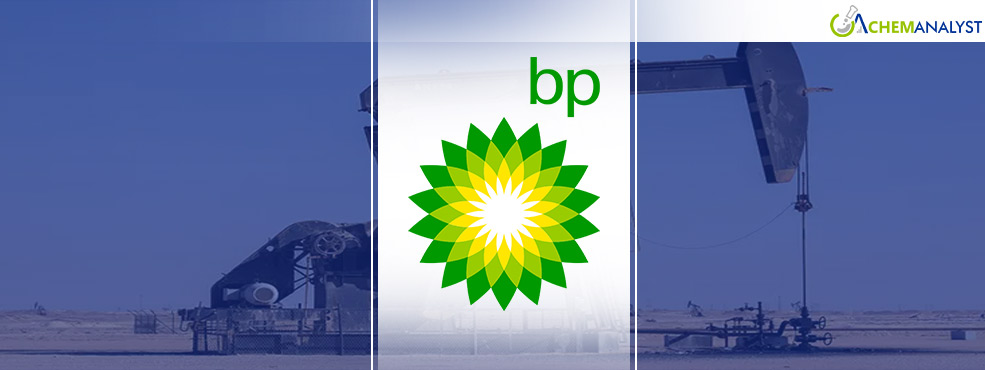Welcome To ChemAnalyst

In a significant move aimed at bolstering Iraq's energy sector, BP has received final government ratification for a landmark contract to invest in the redevelopment of several giant oil fields in Kirkuk, northern Iraq. The agreement, encompassing oil, gas, power, and water infrastructure, signifies a substantial commitment to revitalizing the region's energy potential.
The contract, signed between North Oil Company (NOC), North Gas Company (NGC), and BP, marks a pivotal moment for the development of the Baba and Avanah domes of the Kirkuk oil field, alongside three adjacent fields in Federal Iraq: Bai Hassan, Jambur, and Khabbaz, all currently operated by NOC. The agreement also opens avenues for potential exploration investments, highlighting a comprehensive approach to resource development.
The official signing ceremony, held in Baghdad, was attended by key figures including Iraq Prime Minister H.E. Mohammed Shia' Al Sudani, H.E. Hayan Abdul Ghani, Deputy PM for Energy Affairs and Minister of Oil, and BP chief executive Murray Auchincloss. The presence of Nader Zaki, BP regional president for Middle East and North Africa, and Zaid Elyaseri, BP President Iraq, further underscored the significance of the agreement.
"BP has a decades-long history in Iraq, and we look forward to building on this as we embark on our next chapter of production in the country," stated Murray Auchincloss, emphasizing the company's long-standing relationship with Iraq. He highlighted the swift progression from a memorandum of understanding last year to the finalized agreement, expressing eagerness to commence work.
Auchincloss elaborated on the collaborative nature of the project, stating, "Together with our partners, we aim to deliver world-class operations, combining deep local knowledge with our expertise in managing giant fields and safely executing major projects." He also emphasized the strategic alignment of this project with BP's broader strategy of strengthening its upstream portfolio and growing its oil and gas business.
The initial phase of the agreement targets the production of over 3 billion barrels of oil equivalent, a substantial contribution to Iraq's energy output. However, the potential scale of the project extends far beyond this initial phase, with estimates suggesting that the wider resource opportunity across the contract and surrounding area could reach up to 20 billion barrels of oil equivalent.
Following the final approval, BP will collaborate with the Iraqi government to establish a new operator. This unincorporated organization will primarily consist of personnel from NOC and NGC, supplemented by secondees from BP, tasked with preparing for the initial stages of development. This collaborative model aims to combine BP's global expertise with the deep local knowledge of Iraqi energy professionals.
We use cookies to deliver the best possible experience on our website. To learn more, visit our Privacy Policy. By continuing to use this site or by closing this box, you consent to our use of cookies. More info.
